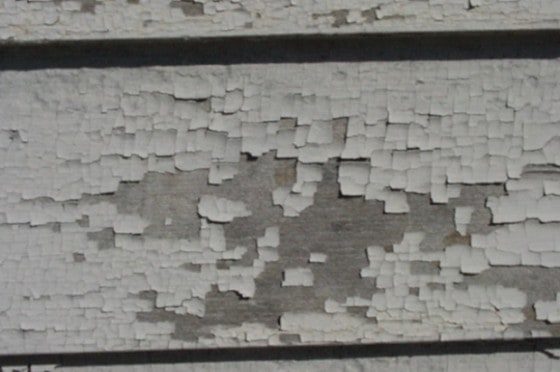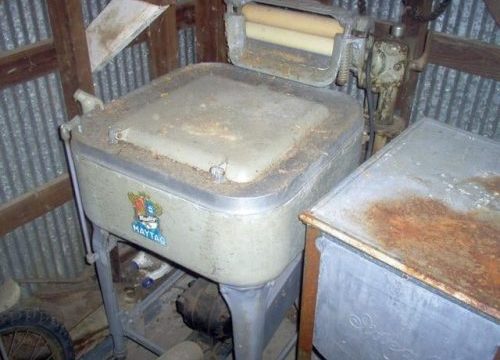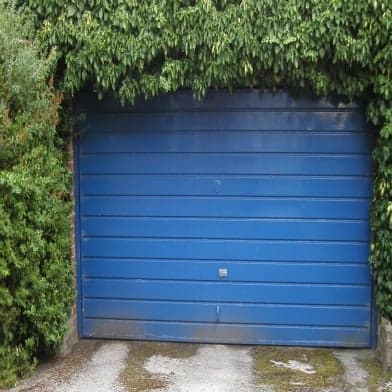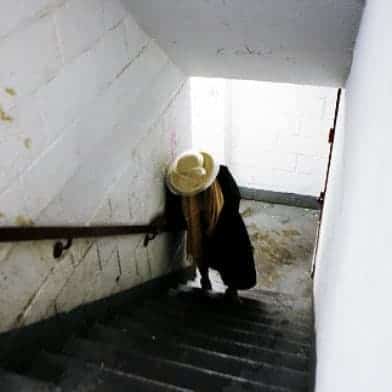
Can My (Troll) Landlord Give A 24-Hour Notice That Lasts All Week?
Can My (Troll) Landlord Give A 24-Hour Notice That Lasts All Week?
Peter Coleman-Weight sings Caligula.
Can a landlord state a whole week 9:00am – 5:00pm to enter under California Civil Code Section 1954, 24-hour notice, and the first four days she doesn’t show or call. She also screams, swears, and prays while walking around, she also threatening to break all the windows and to burn down the house if we ever refuse to let her in.
She isn’t the owner, she gave the house to her daughter to avoid lawsuits. But she walks around screaming that the house belongs to her no matter who’s name is on it.
Can your landlord serve a 24-hour notice that lasts for a week? How does that work unless there’s an ongoing construction project? Civil Code §1954(d)(1) states in part, “[T]he landlord shall give the tenant reasonable notice in writing of his or her intent to enter and enter only during normal business hours. The notice shall include the date, approximate time, and purpose of the entry.” Twenty-four hours is presumed to be reasonable. The law does not presume multiple entries as you describe.
You don’t mention the landlord’s rationale for her entries but they are also circumscribed by the law:
A landlord may enter the dwelling unit only in the following cases:
(1) In case of emergency.
(2) To make necessary or agreed repairs, decorations, alterations or improvements, supply necessary or agreed services, or exhibit the dwelling unit to prospective or actual purchasers, mortgagees, tenants, workers, or contractors or to make an inspection pursuant to subdivision (f) of Section 1950.5.
(3) When the tenant has abandoned or surrendered the premises.
(4) Pursuant to court order.
Given her actions, I somehow doubt that your landlord has any cognizable reason to enter your house other than to harass you. Join the San Francisco Tenants Union to discuss your situation with a counselor there. They can help you to write the landlord a letter to assert your rights.
Lovely. You have encountered another version of a troll landlord–the troll who won’t go home.
I’ve run into landlords like this more often than one might imagine. They’re completely insane and often maintain a “workshop” in a multi-unit building. They think they’re somehow repairing or cleaning their property, but, of course, they’re doing neither. They visit the property solely to torture their tenants. Landlord trolls with a Caligula complex are particularly dangerous because many of them are richer than god and if you cross them, they’ll do anything they can and spend any amount of money to get you out.
I’m dealing with an eviction case right now that has a troll who won’t go home. She’s a wealthy woman who owns several big buildings. She comes to the building in which my clients lives almost every day to “sweep” and lurk in my client’s garage.
I had another case in which the landlord, worth about $10 million and who had a home in the East Bay, had a habit of driving to San Francisco and hanging around the building in which my clients lived. One day he had the temerity to walk up three flights of stairs to illegally enter my clients’ apartment to take a dump. They were home at the time.
In each of these cases, the landlords tried to evict my clients based upon trumped up allegations designed to cost my clients thousands of dollars and to force them to vacate.
You may ask yourself: Don’t these landlords have something better to do? Can’t they simply enjoy their wealth? But those are rational inquiries. You and I cannot begin to understand the irrational, compulsive actions of a sociopath, a king, a dictator or a landlord.
You can video the landlord’s tirades. You can call the cops when she insists upon entering without a good reason. You can try to get a restraining order. You can sue her (and her daughter) for harassment.
But you live in a house. Unless you have been a tenant there since 1995, you should understand that your landlord, if she comes to her senses, can simply increase your rent to get you to move.











